May 21st is World Day for Cultural Diversity and we’re hosting a special event to celebrate!
JOIN US FOR:
Embracing the Power of a Multicultural Team
Aperian is a platform for cross-cultural training and learning content that creates meaningful collaboration, stronger teams, and greater innovation.
We work with companies that operate globally in reach or ambition to provide cultural agility and inclusion training through scalable, interactive learning experiences.
Every moment is designed to create the behavior change necessary for meaningful collaboration.
People are able to turn judgment into curiosity and awareness into action—enabling stronger collaboration, happier teams, and sustainable growth for your organization.

Aperian provides the support teams need for every stage of your organization’s growth.
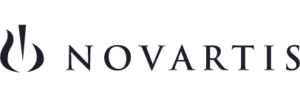
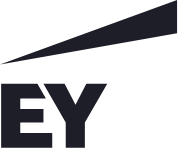
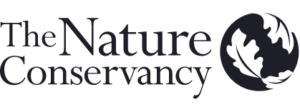
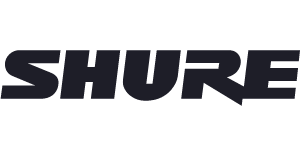
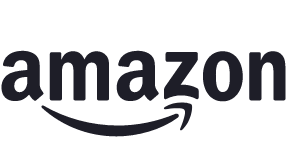
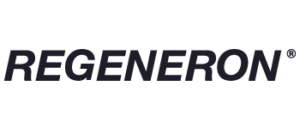
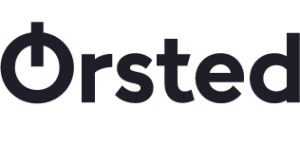


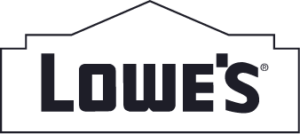
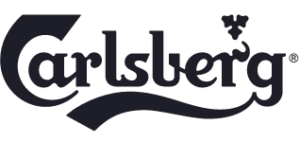
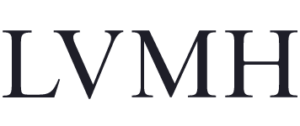

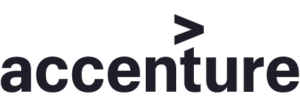

With cultural understanding as the foundation, individuals learn how to bridge and leverage differences, transforming the way teams work together.
As a result, minds and opportunities open, your business grows, and individuals gain the skills to connect with others and contribute to change on a global scale.
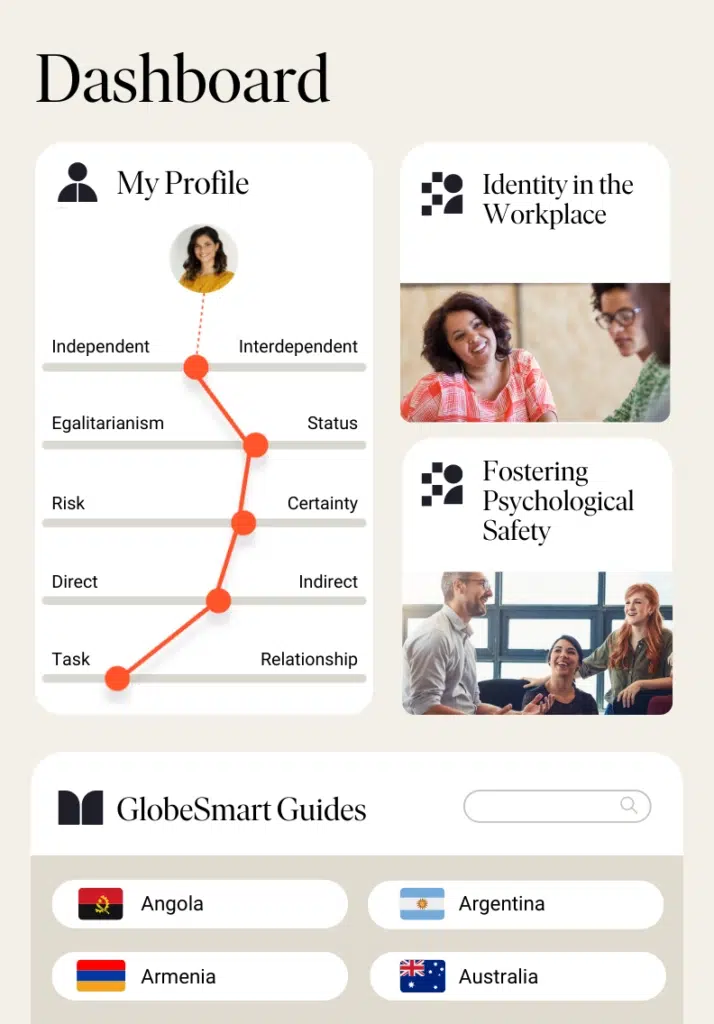

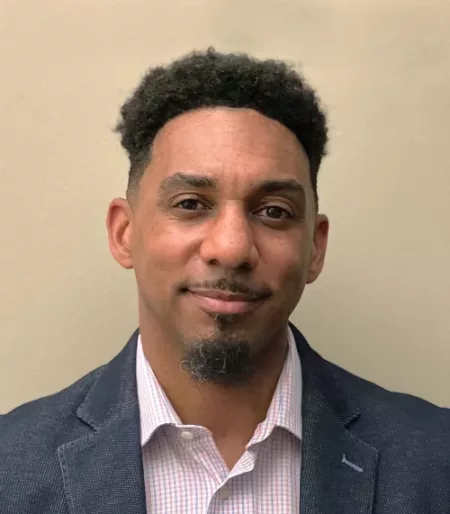 Theo Bowling, Senior Culture and Diversity Manager, Lowe's
Theo Bowling, Senior Culture and Diversity Manager, Lowe's“Aperian has been a great partner in helping us grow an inclusive environment. Our leaders continue to use the training, tools and resources for their teams. Our partnership is making such a positive impact on our culture at Lowe’s.”
May 21st is World Day for Cultural Diversity and we’re hosting a special event to celebrate!
JOIN US FOR:
Embracing the Power of a Multicultural Team
This will close in 0 seconds